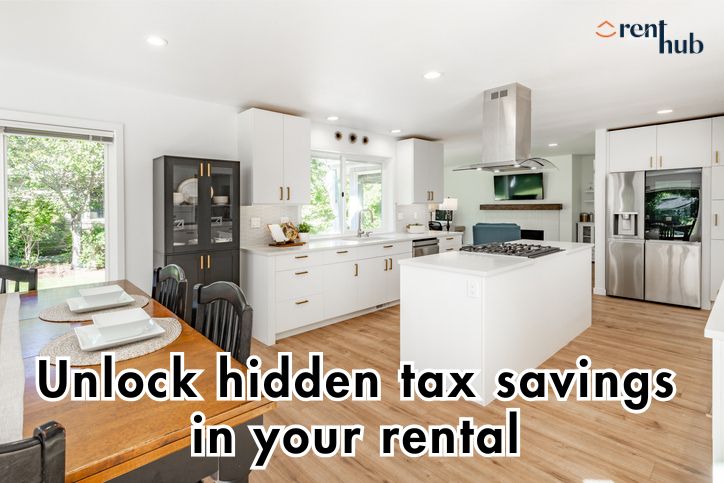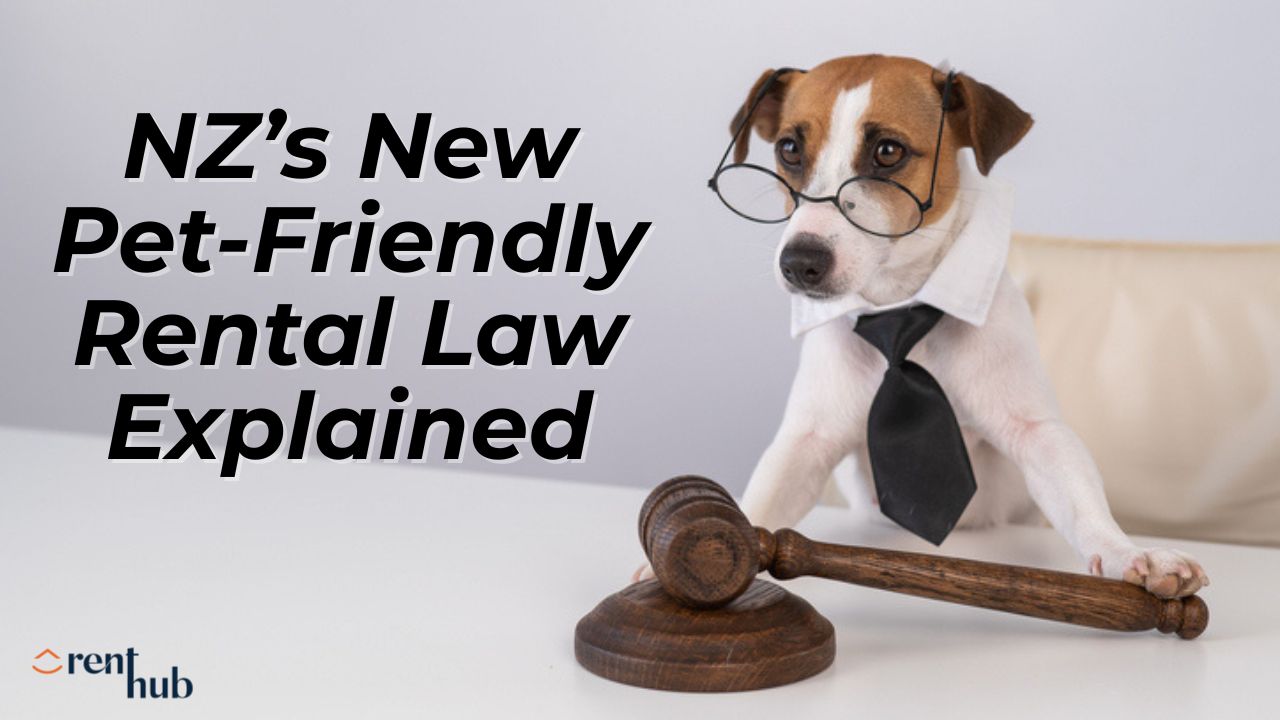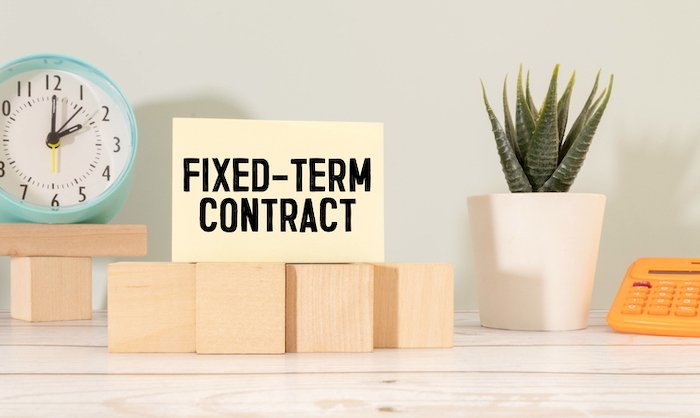If you own a rental in New Zealand, you already know this: stuff in your property wears out… long before the mortgage does.
Carpets get tired.
Fences lean.
Ovens and dishwashers get slower and louder.
All of that drop in value is a real cost to you as a property investor.
The good news?
The IRD actually knows this happens. And when you handle it the right way, that “wear and tear” can legally reduce the tax you pay.
That’s where chattel depreciation (and a Chattel Valuation) comes in.
First Things First: What on Earth Are “Chattels”?
Let’s ditch the jargon.
In simple terms:
If it’s not part of the actual building, or it’s not permanently built-in, it’a chattel.
Chattels are items such as:
- Appliances – washing machine, dryer, dishwasher, oven, rangehood
- Soft furnishings – carpets, curtains, blinds
- Bits and pieces – letterbox, heat pump, light fittings
- Outside – some driveways, paths, fences and paving (depending on how they’re classified)
A number of years back, you could claim depreciation on the building structure itself. But the rules changed on 1 April 2011, and now residential rentals can’t claim building depreciation.
However, and this is the big opportunity, you can still claim depreciation on most of the other items.
And honestly, some accountants don’t look far beyond the basics. They focus on obvious items such as whiteware and overlook other valuable assets within the property.
Why “Chattel Valuation” Is a Slightly Misleading Name
When people hear Chattel Valuation, they usually picture:
“Someone comes in, writes down the fridge, the washer, the dryer and calls it a day.”
In reality, it’s much broader.
To give you an idea, a new unfurnished townhouse can easily have around $45,000 worth of chattels once you add everything up. It can include carpets, appliances, heat pumps, driveway, paths, fittings and more.
That’s why some valuers prefer terms like:
- Depreciation apportionment, or
- Purchase price allocation
Because they’re not just counting washing machines and dishwashers. They’re breaking the whole purchase price into different pieces: building, land, and all the bits you can depreciate.
But let’s be real: “Chattel Valuation” is the term everyone uses.
So… What is a Chattel Valuation Really?
A Chattel Valuation is a detailed report that tells the IRD how much all the “non-building” items in your rental are worth, and how fast it wears out.
The valuer goes through your property and creates an itemised list of every chattel, including:
- What it is (e.g. carpet, heat pump, oven, letterbox, driveway surface)
- What it’s worth
- How it depreciates over time (based on IRD depreciation rates)
Your accountant then uses this report to claim depreciation as an expense each year. That expense reduces your taxable profit, which means…
👉 You legally pay less tax.
It’s not a loophole. And it’s not dodgy either. It’s simply using the rules that already exist. And doing it properly.
Why Bother? After all, You’re Already Paying an Accountant…
Totally fair question.
But think about it like this:
- Most investors are dealing with higher costs and tighter cashflow
- Interest on existing properties has been restricted or removed for tax deductions in recent years
- Compliance keeps climbing (Healthy Homes, insulation, smoke alarms etc))
So, investors are all asking the same thing:
“How do I legitimately reduce my tax bill?”
A Chattel Valuation is one of the few tools left where you can move the needle in a meaningful way, especially if:
- You’ve bought a New Build, or
- You’ve recently bought a property with lots of newer chattels
Depreciation is usually higher in the early years, which means your tax savings are higher earlier too.
Quick example: New Build vs existing
- A brand new property might have $15,000 worth of carpet to depreciate over time
- An older property might only have $5,000 worth of depreciable carpet left in the tank
Same number of rooms. Completely different tax outcome.
How Much Tax Could You Actually Save?
Let’s run a simple, realistic example.
You buy an $700,000 investment property.
Once everything is properly broken down, you might have around $40,000 worth of chattels. Over time, with a 33% tax rate, correctly claiming depreciation on those chattels could save you around:
$15,000 in tax over the life of those assets.
That’s money that stays in your pocket rather than going to the IRD.
Of course, every property is different. Each chattel type has its own depreciation rate. For example:
- A dryer, washing machine and dishwasher might be given a useful life of around 6.66 years
- A lawnmower or microwave might have a shorter life (e.g. 4 years)
The key point:
Done properly, depreciation adds up.
Done poorly… you leave money on the table.
What Happens If You Don’t Get a Chattel Valuation?
In simple terms:
You’ll likely pay more tax than you need to.
A few common traps we see:
1. Relying on a standard property valuation
Sometimes a registered valuer will include a single line like:
“Chattels: $10,000”
The problem?
They’re usually taking a very narrow view of what counts as a chattel for tax purposes. They’re not breaking things down into every fence, surface, or fitting that might qualify.
A specialist chattel valuer often comes back with a much higher chattel total, which means more depreciation and more tax savings.
2. Using the developer’s numbers for New Builds
Buying a new build? It can be tempting just to ask:
“Hey, how much did all the chattels cost?”
The developer might give you a figure. But:
- They buy in bulk and get big discounts
- They may not have costed out items like driveways, paths or landscaping in a way that’s useful for depreciation
So their chattel figure is often understated for your purposes. Again: less depreciation, more tax than necessary.
How Much Does a Chattel Valuation Cost? And Is It Worth It?
Most professional chattel valuation companies charge a few hundred dollars per property, depending on the type (house, townhouse, apartment, multi-unit etc).
Let’s say you pay around $450 + GST as a ballpark.
If that one report helps you save $10,000–$16,000 in tax over time, you’ve:
- Covered your cost many times over, and
- Freed up cashflow you can use for maintenance, upgrades, or your next deposit
As a result, it’s not so much “another cost”. It’s more like pre-paying a small amount to get a long-term tax refund drip-fed back to you.
When Should You Get It Done?
The earlier, the better.
A common rookie mistake we see is investors who:
- Buy the property
- Sit on it for a few years
- Then realise they could have been claiming more depreciation from day one
You can’t go back and magically re-run those earlier returns.
So if you’ve:
- Just bought a property, or
- Recently completed a New Build
…that’s the ideal time to organise a Chattel Valuation and hand it straight to your accountant.
How Do You Actually Organise One?
Here’s the usual process:
- Engage a specialist chattel valuer
Look for someone who specifically does chattel or depreciation apportionment work for property investors (not just general property valuations). - They’ll arrange access to the property
Either with you or your property manager (if we manage your property, we can help coordinate this). - They complete the inspection and report
They’ll note every chattel, assign values and map it all to IRD categories and depreciation rates. - You send the report to your accountant
From there, your accountant will apply the depreciation each year in your tax returns.
Is a Chattel Valuation Right for You?
You don’t have to become a tax expert, that’s not your job.
But as a property investor, you do deserve to:
- Keep more of what your investment earns
- Use the rules available to you
- Avoid overpaying tax out of fear, confusion or lack of information
A Chattel Valuation isn’t about gaming the system. It’s about fairness and recognising that everything in your property wears out, and you shouldn’t be taxed as if it doesn’t.
Quick Reminder (and a Small Disclaimer)
- Tax rules change, and everyone’s situation is different
- The numbers in this article are examples only
- This isn’t personalised tax advice
You should always chat with your accountant or tax adviser before making decisions.
Want a Hand Working Out Your Next Step?
If you’re not sure whether a Chattel Valuation is worth it for your property, we can help you sense-check it.
Here’s what you can do next:
👉 Book a free chat with the Renthub team. We’ll look at your property, your situation and help you understand whether a Chattel Valuation is likely to pay off for you.
You’ve worked hard to get on to (and stay on) the property ladder. Let’s make sure you’re not paying more tax than you need to along the way.
Give us a call on 09 630 2655 or email office@renthub.nz to book your free chat.



